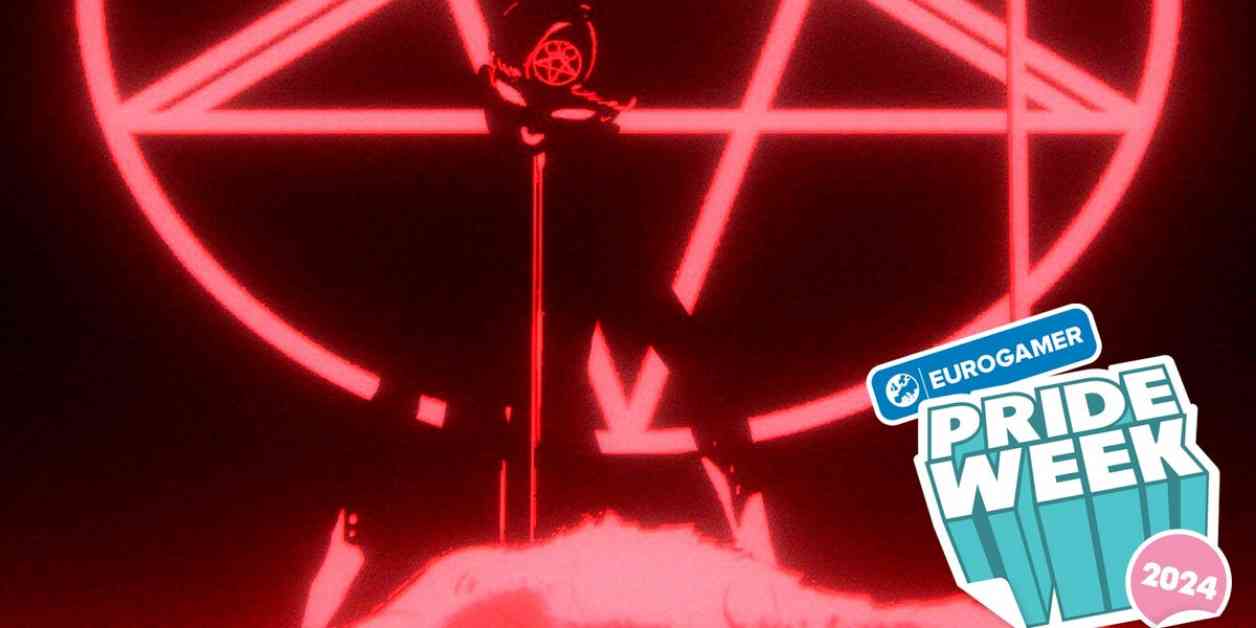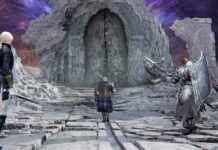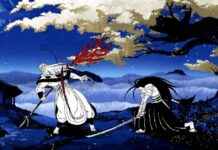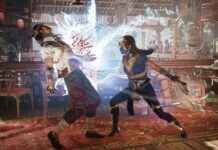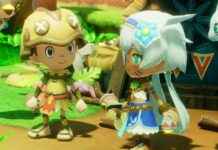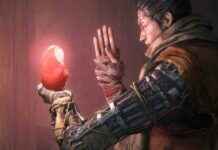Eurogamer is once again celebrating Pride with a week of features that focus on LGBTQIA+ culture and gaming. In a recent article, Sharang Biswas delves into the intriguing world of monster-loving games and the appeal they hold for the queer community.
The attraction to monsters among queer individuals has been a topic of academic discussion for quite some time. Queer folks often find solace in reframing and reconstructing monsters in media to identify with characters that resonate with their own experiences. From the shadowy Babadook to the murderous clown Pennywise, monsters have briefly claimed the status of queer icons.
Queer people have reclaimed the labels of “monsters” and “deviants” and infused them with romantic and sexual connotations. This notion has given rise to the concept of the “fuckable monster,” where queer individuals explore their desires through monstrous characters in various forms of media.
Monsters often serve as reflections of our innermost feelings and struggles. Games like Monsterhearts 2 highlight the complexities of being different and navigating desires as a queer individual. These games allow players to embody teenage monsters and grapple with issues of identity and sexuality.
The game Mediterranea Inferno by Lorenzo Redaelli sheds light on the darker aspects that individuals, particularly gay men, may hide beneath a veneer of beauty. Loneliness, fear, and uncertainty are common themes within the queer experience, especially in a society that often dictates narrow standards of beauty.
Exploring desires through monsters can be a way for queer individuals to embrace their own darkness. Games like The Beast offer players the opportunity to engage in a sexual relationship with a monster, challenging societal norms and celebrating the freedom to desire what others may find unconventional.
Literature and art have a long history of using monsters as metaphors for sexual difference and repression. Vampires, in particular, have been depicted as alluring and sexually appealing figures, delving into themes of desire and transgression.
In contemporary games like Monster Prom and Dungeons & Dragons, monsters are portrayed as complex characters with psychological depth. These games provide a platform for players to explore relationships with characters who may not fit traditional standards of morality, offering a space for queers to embrace their own complexities.
The character Astarion in Baldur’s Gate 3 embodies the suave and conflicted nature of a vampire, challenging players to navigate his monstrous qualities. Through characters like Astarion, players can explore themes of identity, desire, and fear, resonating with the queer experience.
In essence, embracing monster-loving games allows queer individuals to delve into their anxieties, desires, and joys through unconventional narratives. By loving monsters, queers can explore the boundaries of their identities and celebrate the beauty of their complexities. So, let the monster-fucking continue, as it offers a space for queer individuals to express their authentic selves and engage with narratives that reflect their lived experiences.

